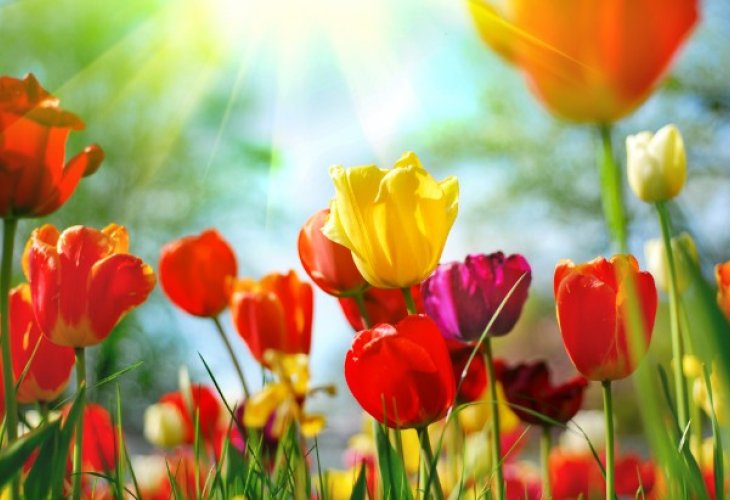Tu Bishvat
Birkat Ha’Ilanot: The Blessing Over Blossoming Trees and Its Meaning in Jewish Law
A complete halachic guide to the annual blessing over blossoming fruit trees — its timing, meaning, and practical laws for every place and season
 (Photo: shutterstock)
(Photo: shutterstock)The Talmud and the halachic authorities teach that during the month of Nisan, when a person goes outside and sees fruit trees blossoming, they should recite the following blessing: "Blessed are You, Lord our God, King of the Universe, Who has left nothing lacking in His world, and created in it beautiful creatures and good trees for human beings to enjoy."
This blessing, known as Birkat Ha’Ilanot, is recited once a year, and women also participate in saying it.
Why the Sages Instituted This Blessing
The Sages established this blessing because the blossoming of trees is a recurring renewal that reveals divine creation — seeing once-dry branches bloom again is a moment of wonder that inspires gratitude. As this renewal happens once a year, the blessing is said only once per year, the first time one sees blossoming trees in the spring.
When to Recite the Blessing
The halachic sources mention the month of Nisan as the ideal time for Birkat Ha’Ilanot, since that is when trees typically blossom in Eretz Yisrael.
However, in places like the United States, where in some years the trees do not begin to flower until Iyar (May), there is a question whether the blessing can be said later.
The early work Sefer HaEshkol explains that the blessing is not tied specifically to Nisan, but rather to the first time one sees blossoms that year. Similarly, the Ritva writes: “The days of Nisan are not exclusive; each place follows its own blooming season.”
Many later authorities rule likewise: one may recite Birkat Ha’Ilanot whenever the trees begin to blossom in that particular region. Thus, the essential condition is the sight of new blossoms, not the specific month.
When It’s Too Late
If the flowering has ended and the fruit has already begun to grow, the blessing can no longer be recited. Even if the blossoms merely fell off but fruits have not yet appeared, the time for the blessing has passed — as it applies only to the stage of visible blossoms.
However, if a tree still has some blossoms remaining, even if some fruits have started to form, one may still recite the blessing.
Which Trees Qualify
The blessing is said only on fruit-bearing trees, not on barren or ornamental trees.
If someone mistakenly recited it on non-fruit trees, they do not repeat the blessing when later seeing fruit trees.
How Many Trees Are Required
The blessing is recited only upon seeing two trees — even if they are of the same species. However, one who recites it upon seeing a variety of fruit trees is considered especially praiseworthy.
Young Trees (Within Three Years of Planting)
It is permitted to recite Birkat Ha’Ilanot on young trees that are still within their first three years (orlah period), even though their fruits are forbidden to eat. This is because the trees themselves are not prohibited, only their fruit.
Reciting the Blessing on Shabbat
There is a dispute among later authorities whether Birkat Ha’Ilanot may be said on Shabbat. Some were concerned that a person might accidentally pluck a blossom, which is forbidden.
However, Rabbi Ovadia Yosef ruled that one may recite the blessing on Shabbat, though it is preferable to do so during the weekdays, to avoid any potential issue or distraction.

